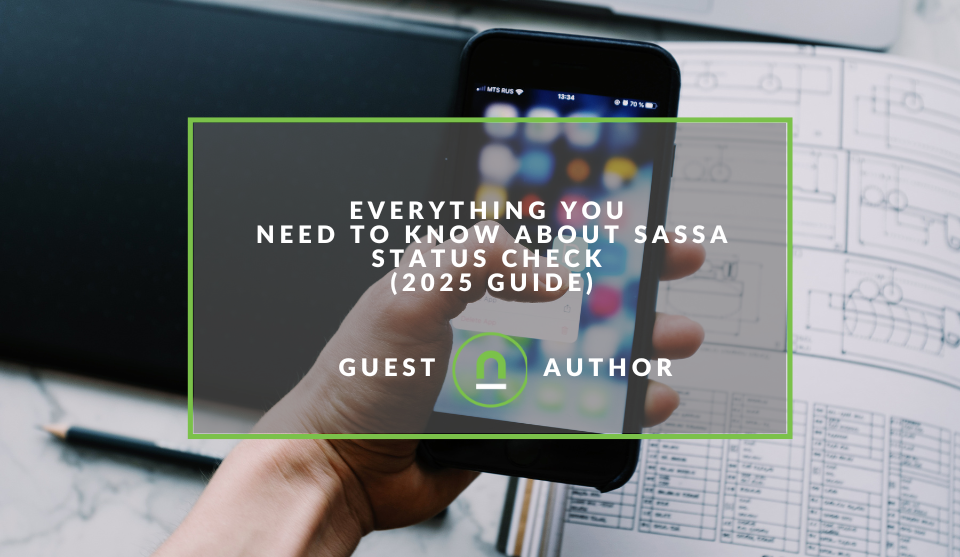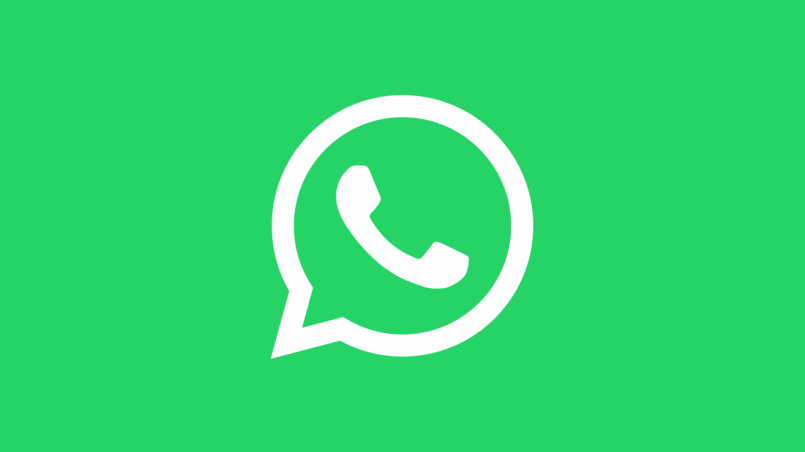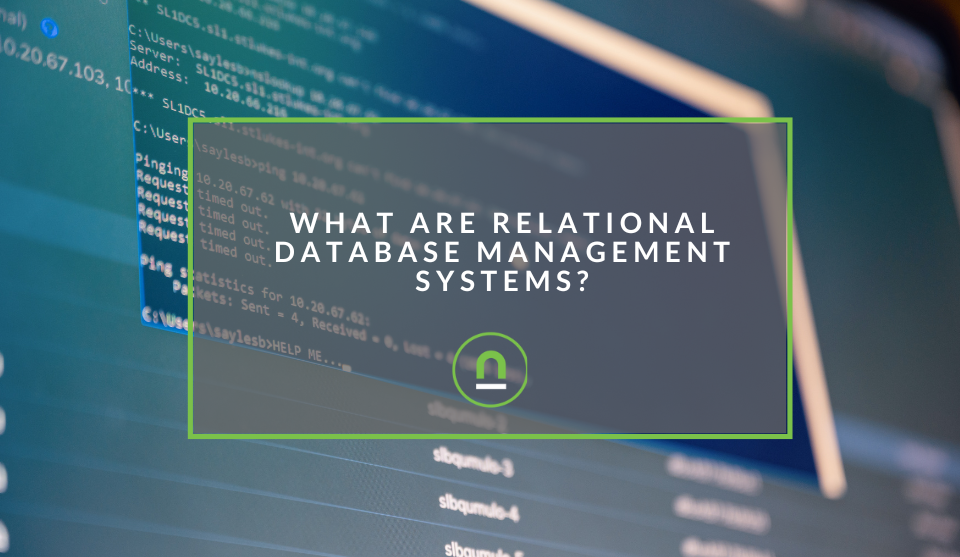Recent posts

Money Talks
Everything You Need to Know About SASSA Status Check
13 April 2025

Mind, Body & Soul
The Genetic Diversity of Cannabis Seeds
12 April 2025

Money Talks
How Small Businesses Can Leverage Blockchain Technology
02 April 2025

Industry Experts
Mastering Personalization in Digital Marketing
31 March 2025
Popular posts
Extravaganza
Trending Music Hashtags To Get Your Posts Noticed
24 August 2018
Geek Chic
How To Fix iPhone/iPad Only Charging In Certain Positions
05 July 2020
Extravaganza
Trending Wedding Hashtags To Get Your Posts Noticed
18 September 2018
Money Talks
How To Find Coupons & Vouchers Online In South Africa
28 March 2019
WhatsApp To Launch Ad Serving In 2019
05 August 2018 | 0 comments | Posted by Che Kohler in nichemarket Advice
I've been a long-time fan and user of WhatsApp and ever since it rose into prominence I've been following the story closely. Instant messaging (IMs) was by no means a new concept when WhatsApp came around, but its ability to act as a native SMS replacement was a narrative anyone could understand.
The history of WhatsApp
WhatsApp was founded back in 2009 by Brian Acton and Jan Koum, both former employees of Yahoo! At the time Yahoo! were king of online ads, something Acton and Koum were sick off and did not want to bring it over into their new platform for the people.How WhatsApp made money?
WhatsApp had a simple subscription model that charged users a set annual fee. I speak under correction, but it was something like $1 a year, the subscription-only an applied to certain mature markets like the US and UK. These funds were then used to scale the business and maintain its free status in developing nations like India, South Africa and the like.Why the sudden change?
Five years later, the party was over, and it was a promise WhatsApp could no longer keep. Pressure from daddy Facebook has finally forced WhatsApp to monetise its users and justify the US$20 Billion spent on the platform.How will WhatsApp ads work?
WhatsApp Status launched in February 2017 and had quickly amassed over 450 million daily users — 30% of the app's 1.5 billion monthly users. WhatsApp Status has the largest regular audience of any Facebook-owned property with a Stories feature, beating out Instagram Stories' 400 million daily users.Hurdles for WhatsApp ads
Communication is the first and foremost function of WhatsApp, not media consumption. People use WhatsApp for text messaging, and making voice and video calls, not as a destination to find engaging multimedia, the mindset for commerce in any kind isn't as prevalent on WhatsApp as it is on Instagram or Facebook.Alternative monetisation tactics
WhatsApp now has to pay back the piper, and this could see an opportunity for other instant messaging apps to jump in and snap up disillusioned consumers of whom there will be many. Going back on your key promise of never monetising your user base is a tough pill to swallow and while it may not matter to WhatsApp some of its users will be migrating to other alternatives.Contact us
If you want to know more about social media marketing, don’t be shy we’re happy to assist. Simply contact us hereYou might also like
What Are Relational Database Management Systems?
28 March 2025
Posted by Che Kohler in nichemarket Advice
Learn what relational database management systems are, how they organize data using tables and relationships, and why they remain essential for busin...
Read moreHow Small Businesses Can Leverage Blockchain Technology
02 April 2025
Posted by Nicholas Tay in Money Talks
Unlock growth with blockchain! Discover how small businesses can use this tech for secure transactions, supply chain transparency and innovative solu...
Read more{{comment.sUserName}}
{{comment.iDayLastEdit}} day ago
{{comment.iDayLastEdit}} days ago
 {{blogcategory.sCategoryName}}
{{blogcategory.sCategoryName}}

